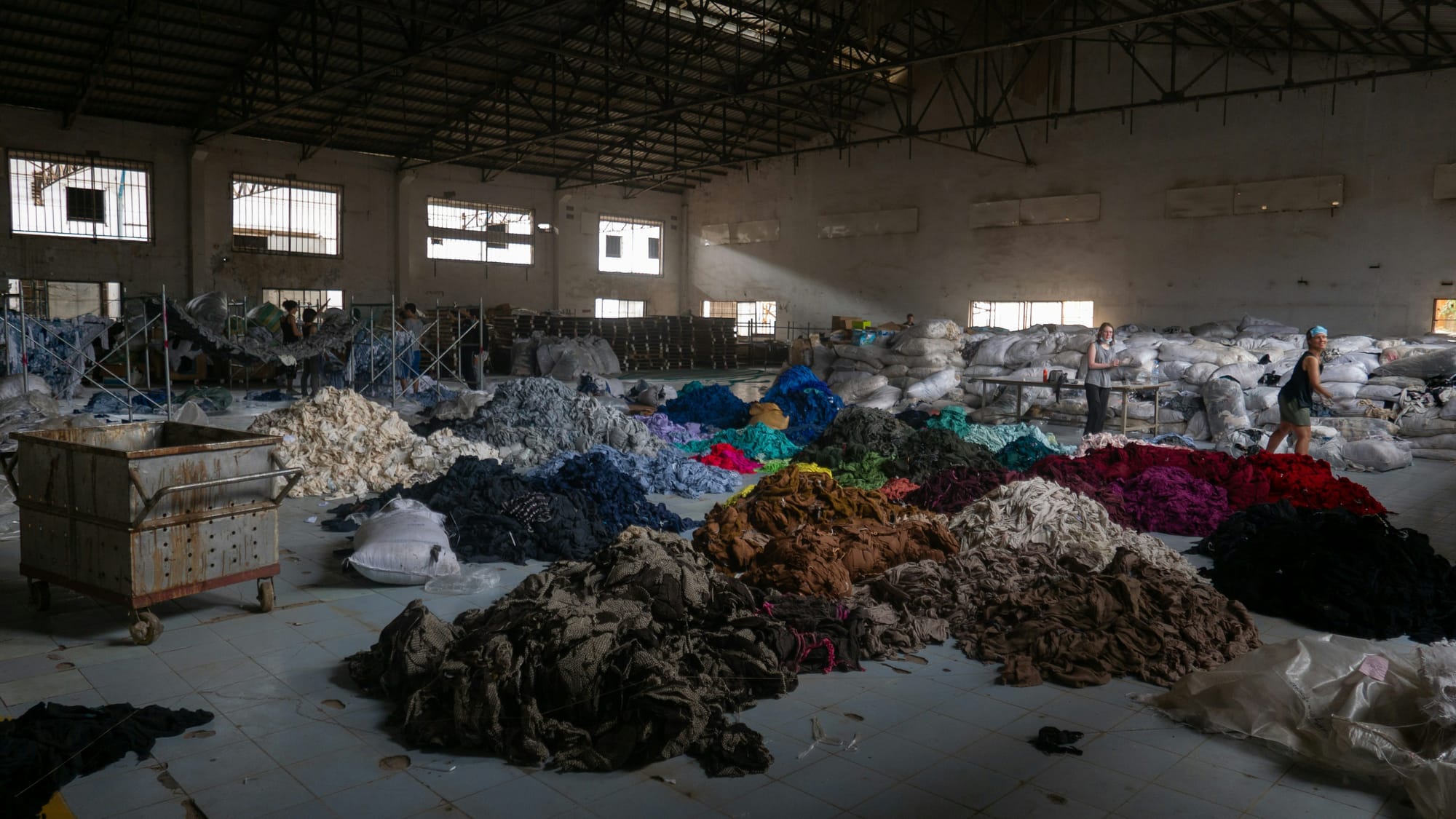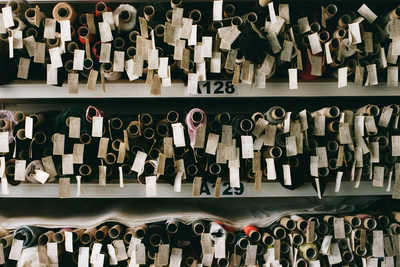In a landmark move, the European Union (EU) Parliament has approved a groundbreaking directive aimed at curbing greenwashing and enhancing transparency in product labelling. The directive, adopted with a resounding majority of 593 votes in favour, 21 against, and 14 abstentions, seeks to eradicate misleading marketing practices, particularly those related to environmental claims.
Biljana Borzan, the rapporteur for the directive, emphasized the transformative impact of the new law on the lives of Europeans. She stated, "This law will change the everyday lives of all Europeans. We will step away from throwaway culture, make marketing more transparent and fight premature obsolescence of goods."
The comprehensive directive addresses various issues surrounding greenwashing and the premature obsolescence of goods, now classified as banned commercial practices within the EU. The primary focus is to empower consumers by providing them with more accurate and reliable information, ultimately enabling better-informed purchasing decisions.

Borzan highlighted the significance of reliable labels and advertisements in allowing consumers to choose more durable, repairable, and sustainable products. She noted that companies can no longer deceive consumers with misleading claims about sustainability.
One of the key provisions of the new directive is the prohibition of generic environmental claims such as 'environmentally friendly', 'natural', 'biodegradable', 'climate neutral', or 'eco' without substantiated proof. This move is aimed at preventing companies from misleading consumers with vague and unsubstantiated environmental assertions.
Moreover, the directive regulates the use of sustainability labels, permitting only those based on officially approved certification schemes or established by public authorities within the EU. The proliferation of sustainability labels has led to confusion, and the new rules aim to standardize and clarify these labels to ensure they provide meaningful and comparable information to consumers.
The directive also emphasizes the durability of goods, encouraging producers and consumers to prioritize long-lasting products. Guarantee information will be made more visible, and a new harmonized label will be introduced to highlight products with extended guarantee periods. This shift aims to combat the throwaway culture and promote the purchase of goods that are more durable and repairable.

Furthermore, the directive bans unfounded durability claims, misleading prompts to replace consumables prematurely, and false assertions of goods being repairable when they are not. These measures seek to address the issue of products not living up to their promised lifespan under normal conditions.
The directive now awaits final approval from the Council, after which it will be published in the Official Journal. Member states will then have 24 months to transpose the directive into national law. This pivotal move aligns with the ongoing discussions surrounding the green claims directive, set to provide more specific conditions for environmental claims, further solidifying the EU's commitment to sustainable practices.
This directive marks a significant step forward in the EU's commitment to environmental sustainability and consumer protection, setting a precedent for other regions to follow suit in the global fight against greenwashing.





